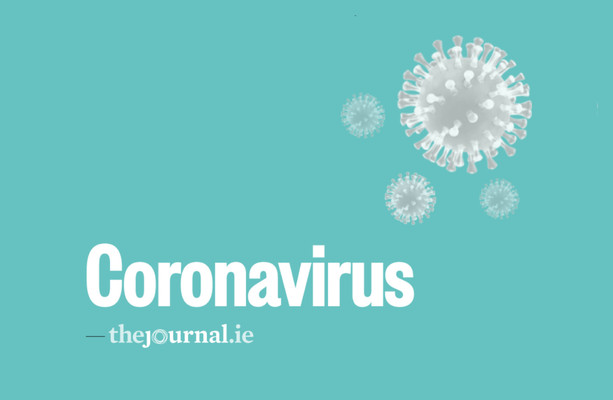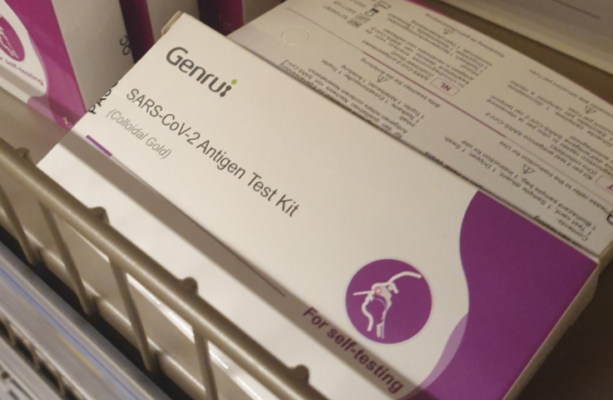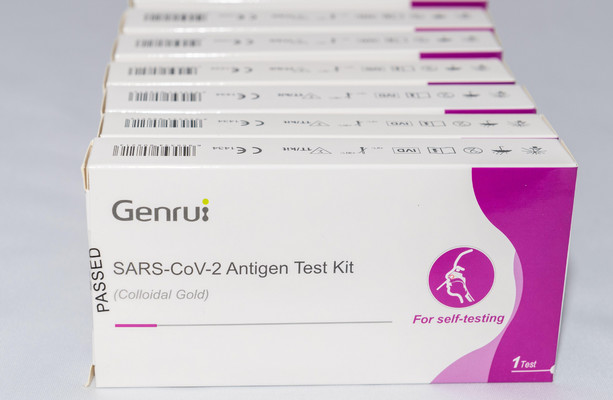Sophrosyne
Registered User
- Messages
- 1,538
Interim Report of the Rapid Testing Expert Advisory Group
The Expert Advisory Group on Rapid Testing (RTEAG) was appointed by the Health Minister in July 2021.
Its remit is to provide support and guidance to Government departments seeking to deploy Rapid Antigen Detection Tests (RADTs) in the sectors they support.
Terms of reference:
The Expert Advisory Group on Rapid Testing (RTEAG) was appointed by the Health Minister in July 2021.
Its remit is to provide support and guidance to Government departments seeking to deploy Rapid Antigen Detection Tests (RADTs) in the sectors they support.
Terms of reference:
- Communication with government departments on their requirements for RADTs in the sectors they support
- Development of tools for operational readiness to support use of RADTs as required and to support and inform the education, information and communication resources that sectors will develop themselves
- Rapid and real-time synthesis of the scientific evidence to guide the appropriate use of tests in areas that are important to the safe and sustainable reopening of our society.

:quality(70)/cloudfront-eu-central-1.images.arcpublishing.com/irishtimes/NH3KTUCPEGGVSQFFOR4ACNNCPQ.jpg)

